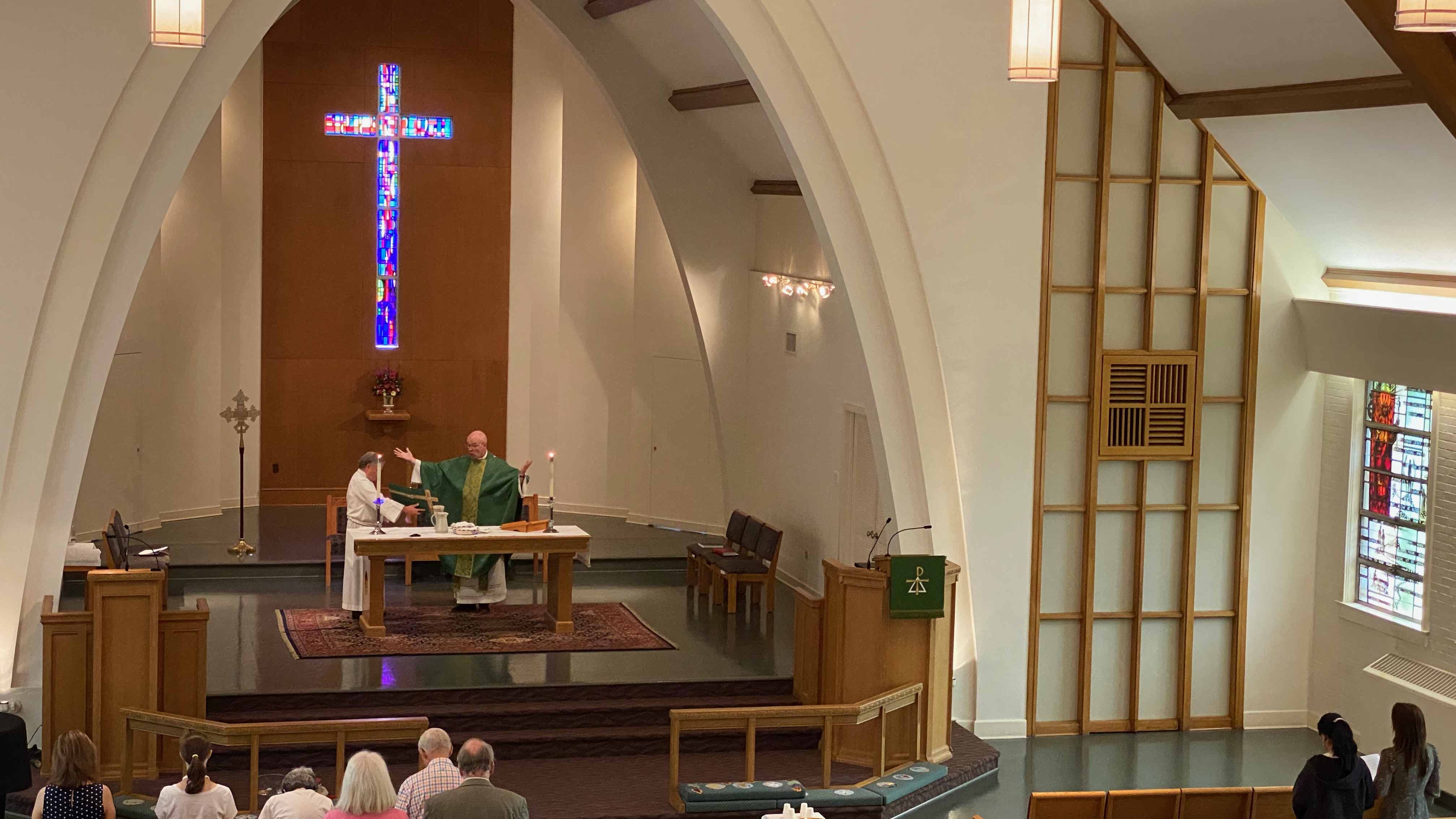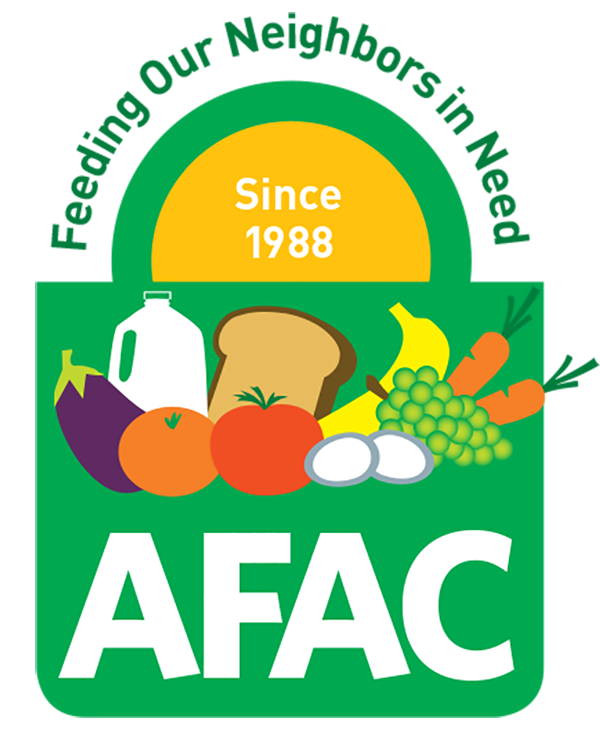Week of the Second Sunday of Advent
Advent Evening Prayer via Zoom on Wednesday, December 8
Join us for Advent Evening Prayer via Zoom this coming Wednesday, December 8, when Eileen Guenther will offer reflections on hopefulness. A Zoom link will be distributed via Constant Contact. The bulletin is below. Consider printing this out or having access to it electronically along with Evangelical Lutheran Worship if you have a copy at home:
![]() Advent 2 Evening Prayer for December 8, 2021
Advent 2 Evening Prayer for December 8, 2021
“Especially for Advent, Luther on ‘Your Kingdom Come’”
Dear Friends in Christ:
As we continue our journey through Advent, one of the petitions of the Lord’s Prayer may stand out from the other petitions during this season of waiting for Christ’s coming. Namely, the petition, “your kingdom come.” During Advent, our focused attention is on the ways in which God’s reign in Christ comes to us. What does it mean for God’s kingdom, or reign, or dominion to come? What are the signs of such coming?
Martin Luther’s wisdom may offer insights that address our questions about the nature of the reign of Christ and its coming. In addition to his explanation to the petition, “your kingdom come,” in the Small Catechism, Luther elaborates helpfully on this petition in his Little Prayer Book which he compiled as an evangelical aid to basic Christian devotion focused on the Ten Commandments, the Creed, and the Lord’s Prayer – for Luther the basic sources for having an understanding of the essentials of Christian faith. Luther’s elaborations on the meanings of “your kingdom come” help us in our Advent devotional life, particularly in this season of life in nation and world when the evidence of the coming of God’s reign in Christ may at first seem remote.
Here’s an excerpt from Luther’s Little Prayer book on the meanings of “your kingdom come” in the Lord’s Prayer. Luther writes, prayerfully addressing God, “Protect us from unbelief, despair, and from boundless envy…. Deliver us from discord, war, and dissention, and let the virtue, peace, harmony, and the tranquility of your kingdom draw near. Help us that anger or other bitterness may not reign over us, but that by your grace, genuine kindness, loyalty, and every kind of friendliness, generosity, and gentleness may reign in us. Grant that inordinate sadness and depression may not prevail in us, but let joy and delight in your grace and mercy come over us. And finally may all sins be averted from us and, being filled with your grace and with all virtues and good deeds, may we become your kingdom so that in heart, feeling, and thought we may serve you with all our strength inwardly and outwardly, obediently serving your commandments and will, being governed by you alone and not following self-love, the flesh, the world, or the devil.” (Martin Luther, “Little Prayer Book,” in The Annotated Luther, Pastoral Writings, Volume 4, Mary Jane Haemig, ed., Fortress Press 2016, p. 186)
Look again at the specific words that Luther chooses in this brief passage lest we conclude that the presence or absence of God’s kingdom is a complete abstraction divorced from our more common experiences.
Luther suggests that the absence of God’s kingdom in Christ is marked by: unbelief, despair, boundless envy; discord, war, dissention; anger, bitterness; inordinate sadness and depression; sin, self-love, the flesh, the world, the devil.
In stark contrast, Luther concludes that God’s dominion in Christ comes and is characterized when these conditions prevail: virtue, peace, harmony, tranquility; genuine kindness, loyalty, friendliness, generosity, gentleness; joy and delight in divine grace and mercy; good deeds; being governed by God in Christ alone.
Luther’s listings remind me of Paul’s indications of the fruit of the Holy Spirit in contrast to the works of the flesh in Galatians 5:16-26. Here are the dimensions of the fruit of the Spirit according to Paul: “love, joy, peace, patience, kindness, generosity, faithfulness, gentleness, and self-control.” (Galatians 5:22-23a) Where such fruit of the Spirit is seen, we might conclude that Christ’s kingdom comes and reigns.
Paul’s listing of the works of the flesh – understood not simply or reductionistically as bodily activity, but as a whole orientation of the old, sinful Adam – is similar to Luther’s word choices which reveal the absence of God’s kingdom (cf. Galatians 5:19-21). In fact, I wonder if Luther had in mind Galatians 5 when he wrote his reflections on “your kingdom come” in the Little Prayer Book since the word choices are so similar.
Here’s what I find to be a remarkable moment in Luther’s reflections on “your kingdom come” – Luther suggests that WE become God’s kingdom when, governed by God’s mercy and grace alone, our lives, individually and in Christian community, reflect the qualities of God’s reign in word and deed. Think of it – Christ’s reign comes and is manifest in faithful Christian community, in its life and witness. Thus, God’s dominion in Christ is no ethereal, otherworldly abstraction, but one known in real world experience even now, if we but look closely enough. The church’s witness to Christ’s kingdom is usually quite imperfect and clouded by human sin and brokenness, but there are those occasions in our loving service and witness when the light of Christ’s love breaks through the shadows, revealing Christ’s reign.
Indeed, while there is much evidence of the absence of God’s reign in church and world, because events are so often marked by such qualities as unbelief, despair, boundless envy, discord, war, dissention, anger, bitterness, inordinate sadness and depression, sin, and self-love, there are also and at the same time faithful persons who and communities which embody qualities like virtue, peace, harmony, tranquility, genuine kindness, loyalty, friendliness, generosity, gentleness, joy and delight in divine grace and mercy. Christ’s reign comes when such qualities are manifest in our life together, a reality made possible by the gift of Christ himself, whose presence in word and sacraments inspires our faithful witness in the first place. Thanks be to God.
May our Advent wakefulness and watchfulness open our eyes to see the signs of God’s reign in our midst now, as we become God’s kingdom in Christ by grace alone, even as we await Christ’s more ultimate coming as we ever pray, “Amen, Come, Lord Jesus.”
In hope and expectation in Christ,
Pastor Jonathan Linman






